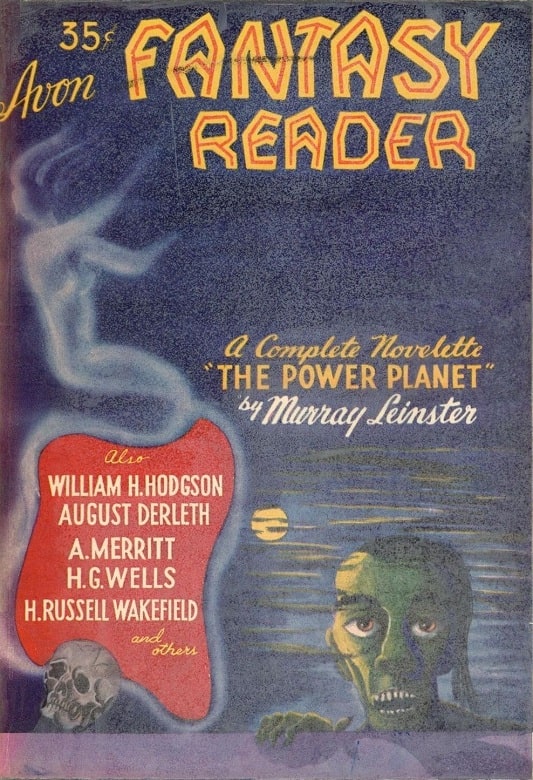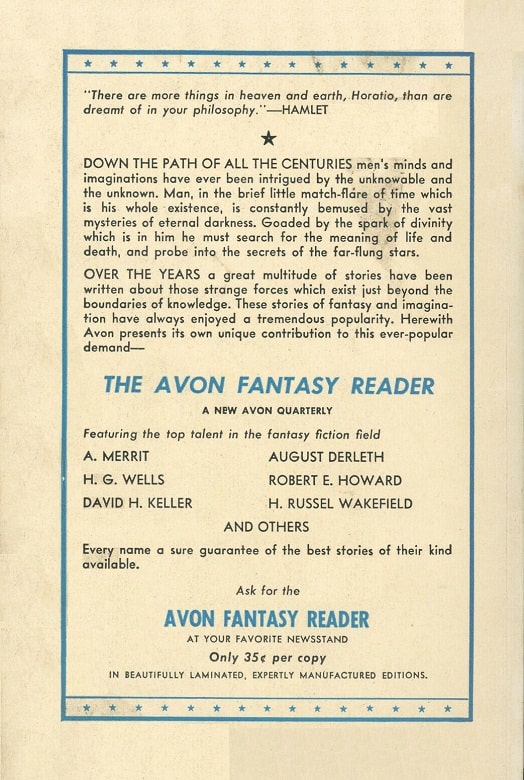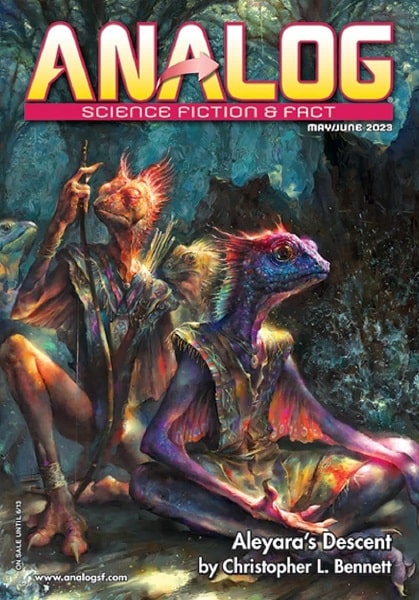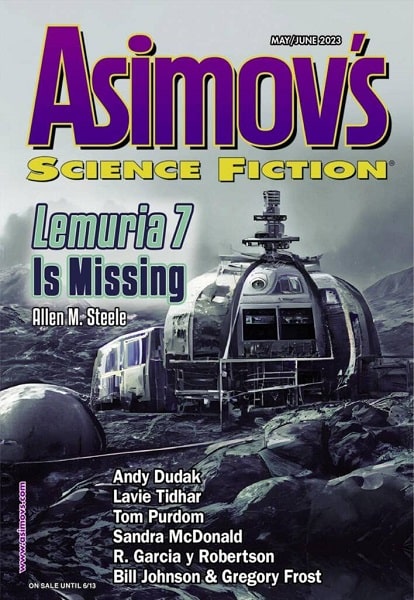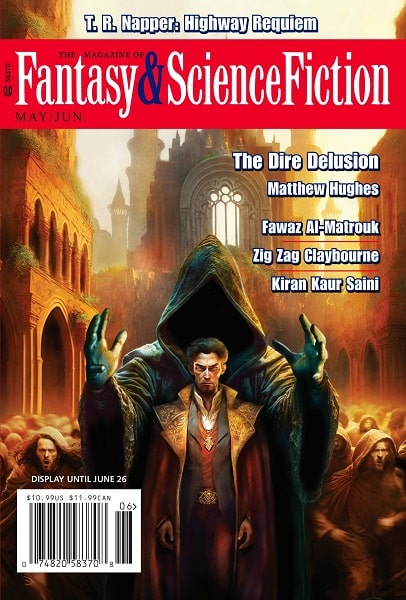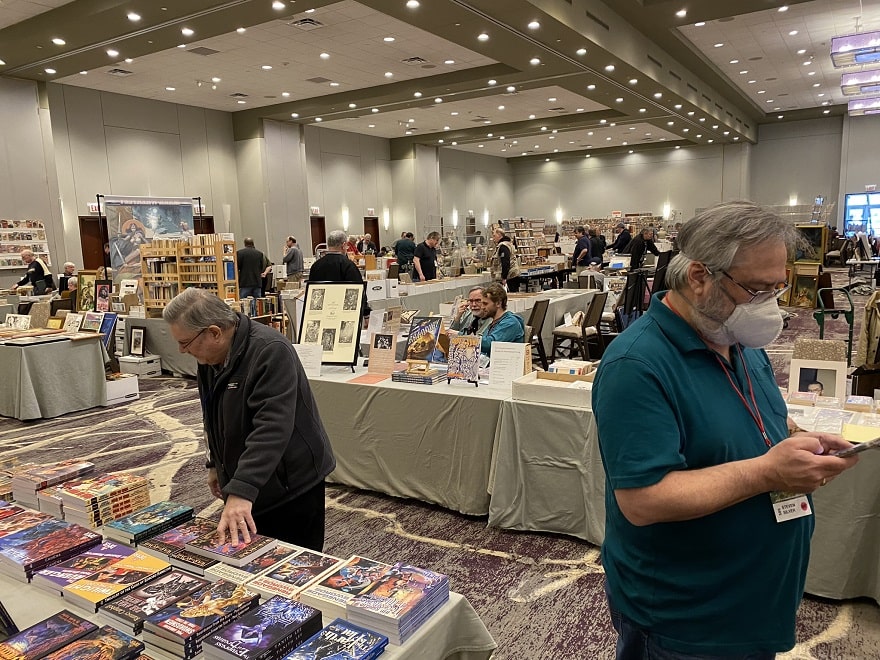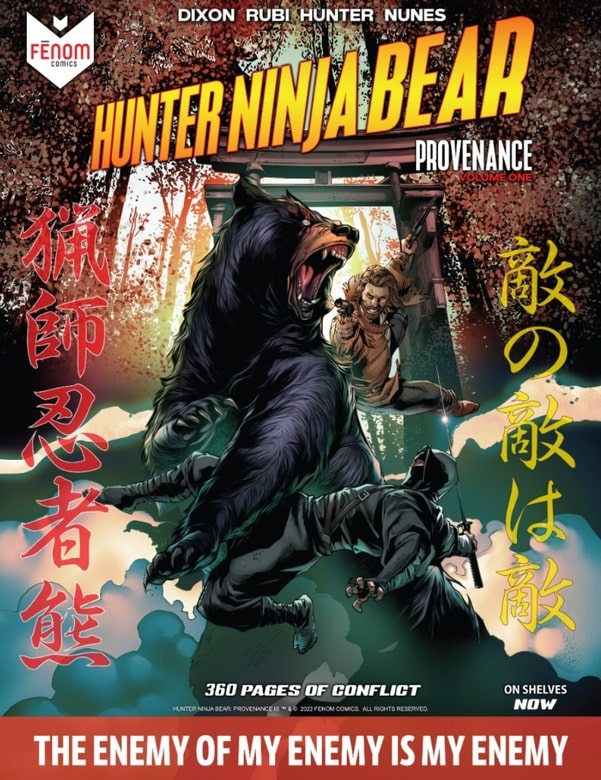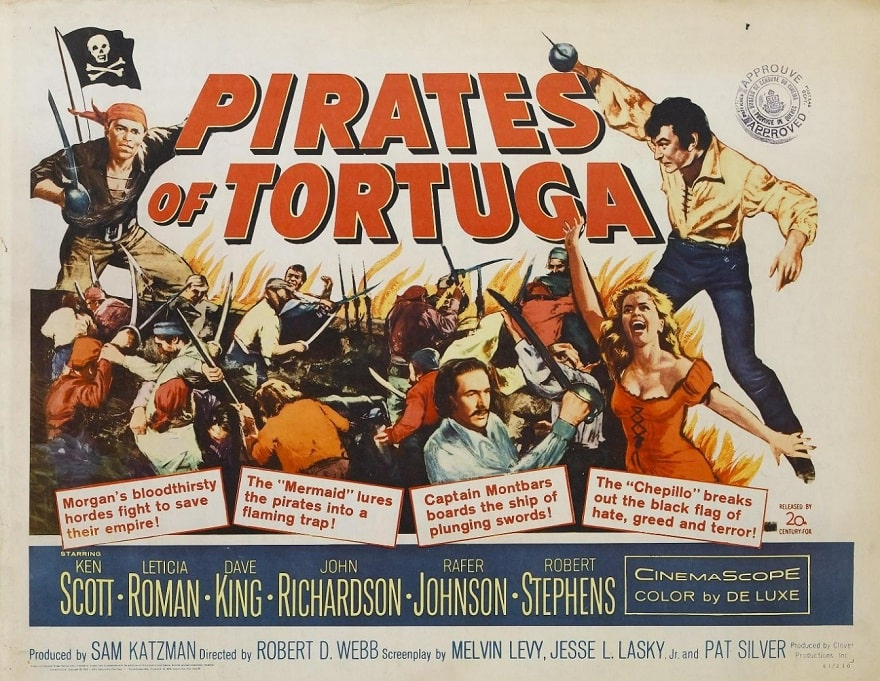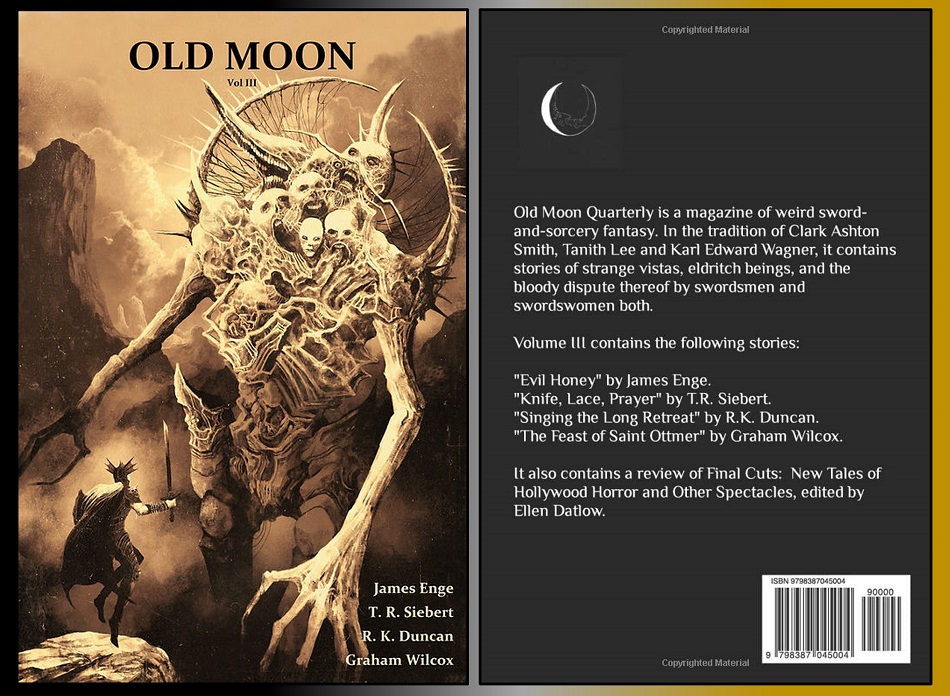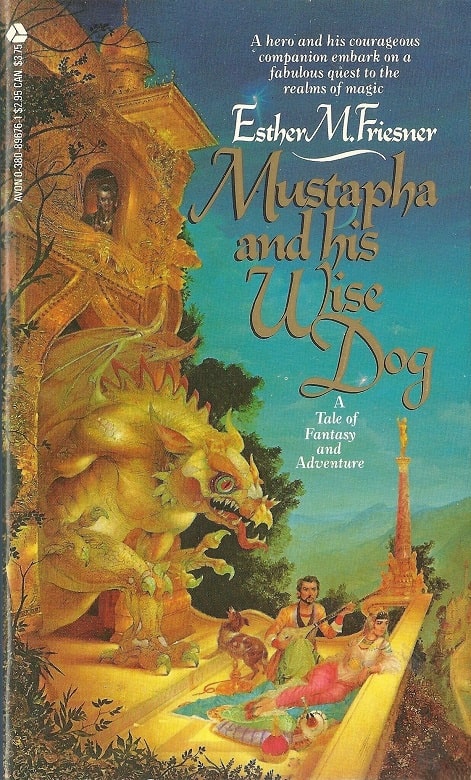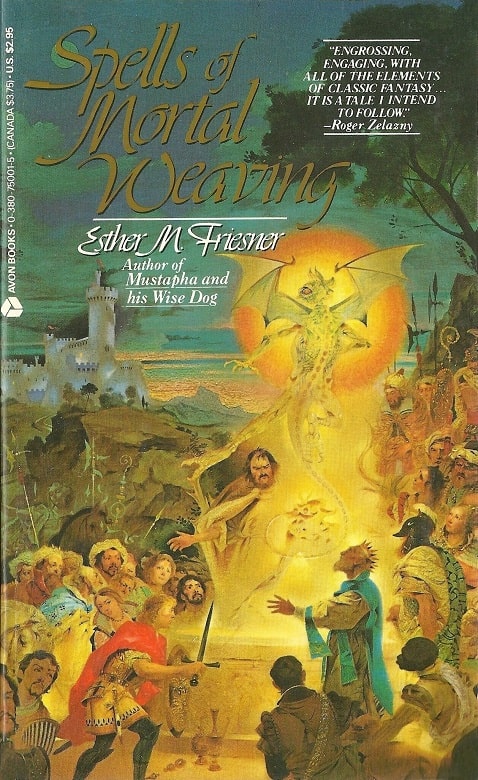Talking Tolkien: Tolkien’s Evil Magic Sword – Anglachel
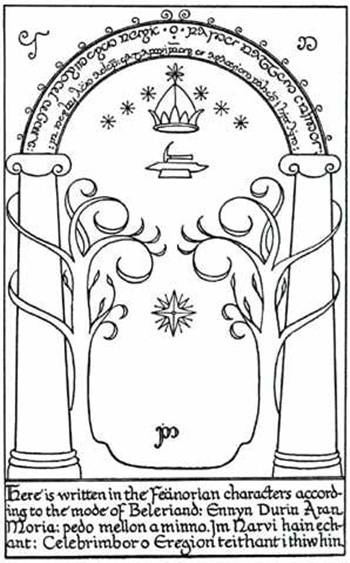 Talking Tolkien is back for another installment, and I’m bringing back one of my essays.
Talking Tolkien is back for another installment, and I’m bringing back one of my essays.
Today’s essay is about a magic sword named Anglachel. It is really a minor element of the book, but the story of it weaves in and out of many other parts. That’s one of the true wonders of The Silmarillion. It’s a vibrant, interconnected history of Tolkien’s world. There are just SO many characters and stories throughout it.
I’m in that weird, small group which cites The Silmarillion as their favorite Middle Earth book. It is essentially a mythology and history of Tolkien’s world. While I love Robert E. Howard’s Hyboria, for me, Tolkien set the fantasy standard for world building. The Silmarillion is really several long stories combined into one book.
John Ronald Ruel Tolkien, creator of Middle Earth, was a master storyteller. The Hobbit, with its tale of plucky hobbits and dwarves, a wizard, a magic ring, and a dragon, made what has been termed high fantasy appealing to a large audience. And The Lord of the Rings is an epic saga of good versus evil and of never giving up on what is right, no matter how daunting the odds.
Both The Hobbit and The Lord of the Rings included bits of Middle Earth history. Gimli sang ‘The Song of Durin’ as the fellowship traveled through Moria and Aragorn sang a song of Beren and Luthien early in his travels with the hobbits. It was the history of Middle Earth and events of the First Age that were always dear to Tolkien’s heart. He tried for decades to get The Silmarillion published and he constantly revised and added to his creation.
Of course, magic swords are one of the most popular tropes in fantasy (and role playing games). The appeal can probably trace its roots back to King Arthur’s legendary blade, Excalibur. Bilbo was given the elven dagger named Sting in The Hobbit. Aragorn’s Anduril (the sword formerly known as Narsil) is an important symbol in The Lord of the Rings, while Gandalf bore Glamdring (Hey Gary Gygax, who says wizards can’t use swords?), a sword that traced its lineage back to Turgon of Gondolin. As does its ‘mate,’ Orcrist, which found its way to Thorin as he sought to reclaim Erebor for Durin’s folk.
